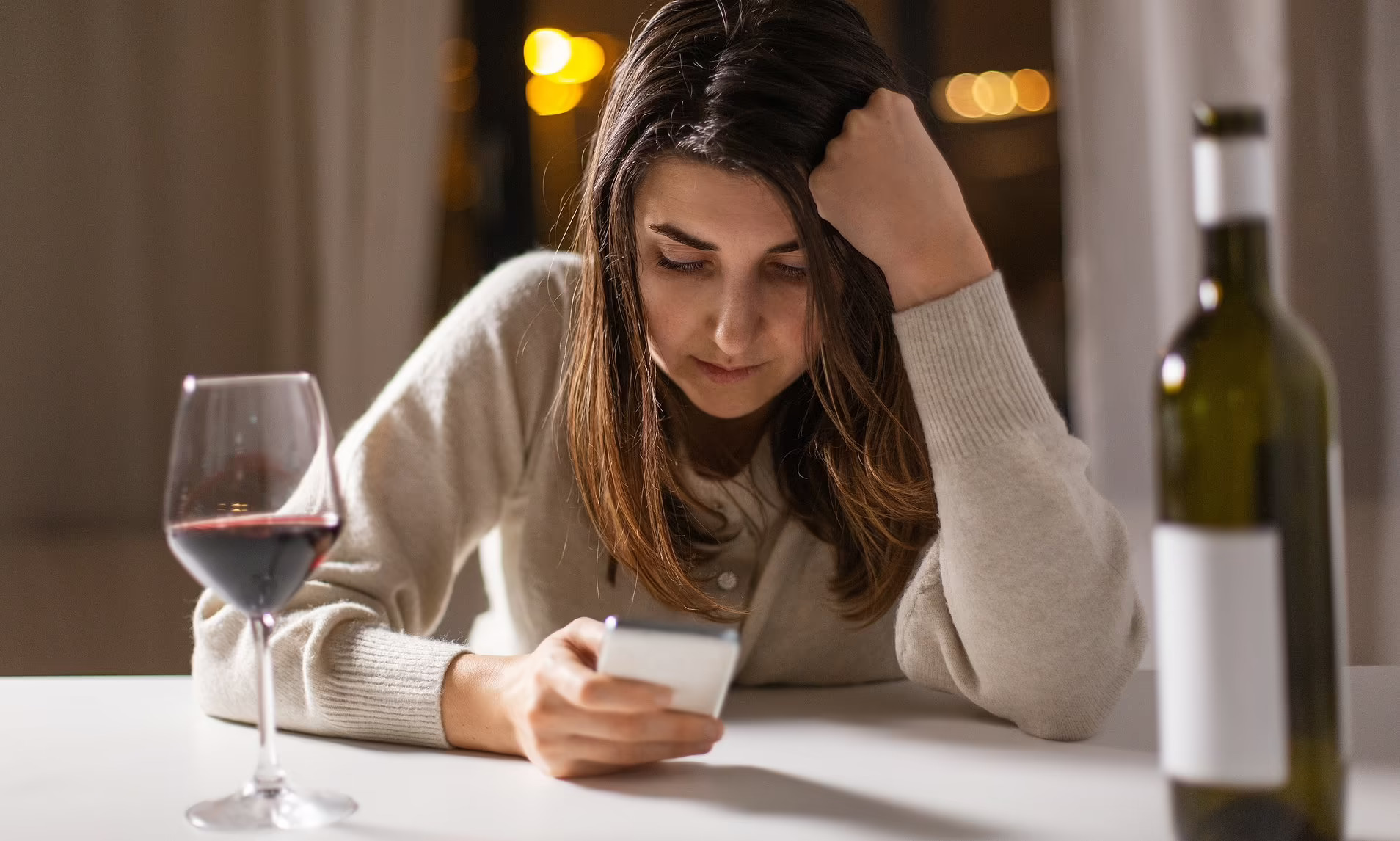A new study uses smartphone sensors to detect levels of intoxication

Smartphones could play a key role in reducing alcohol-related deaths in the future after researchers successfully used sensors in the devices to detect a person’s level of intoxication.
The Stanford University-led study deployed the sensors to record a subject’s voice before and after they started drinking.
They then used digital software to analyse the frequency and pitch of the recordings.
That enabled them to predict how much alcohol had been consumed with an accuracy of 98%.
Experts believe the methodology could be life-changing for those who struggle with alcohol addiction.
Associate professor Brian Suffoletto said the results “genuinely” surprised him.
He noted: “Imagine if we had a tool capable of passively sampling data from an individual as they went about their daily routines and survey for changes that could indicate a drinking episode to know when they need help.”
The research was undertaken earlier this year and required subjects over 21 years to read several “tongue twister” sentences aloud.
The sensors in the smartphone recorded the phrases; the participants did this before drinking and then at regular intervals afterwards.
Researchers also used traditional breath tests to compare the accuracy of the results.
Professor Suffoletto wants to greenlight a more extensive study to validate the findings.
He believes it could pave the way for a new tech-driven monitoring support system that tracks behaviours such as texting.
When combined with voice patterns, it would accurately determine intoxication levels and enable real-time support to be delivered by healthcare workers.
